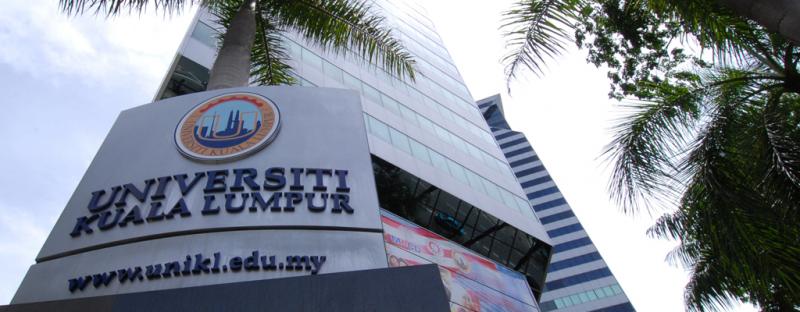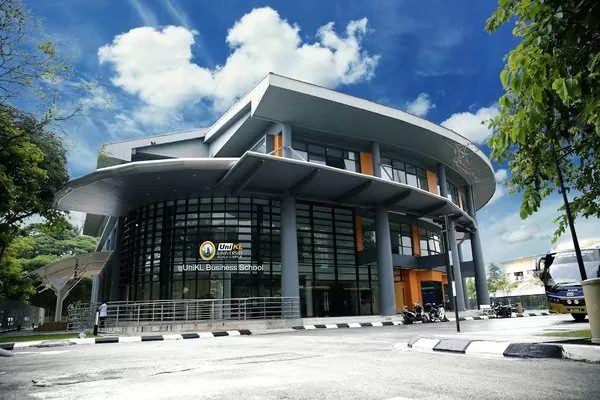Overview
The MET (Maritime) programme would enable the students to venture into better level research area and guide them to have better level of thinking and understanding. This would surely increase the research and development capability. On the other hand, MET (Maritime) graduates would have a better opportunity for career advancement in their current jobs or within the maritime sector for instance; shipping companies, shipbuilding and ship repair sectors, naval architecture and marine engineering, maritime defense industry, port operators, universities and research institutes and government maritime agencies.
Area of research
- Marine Design
- Marine Construction and Maintenance
- Maritime Operations and Management
- Offshore and Naval Architecture
- Marine Renewal Energy
- Marine Electrical and Electronics
- Marine Material
- Ocean Science
- Maritime Defence Technology
Programme Learning Outcomes (PLOs)
At the end of the programme, graduates should be able to:
- PLO 1
Demonstrate the mastery of knowledge in maritime technology. - PLO 2
Apply practical skills in maritime technology. - PLO 3
Relate ideas to societal issues in the field of maritime technology. - PLO 4
Plan, perform and report research in both written and oral forms with minimal supervision and adhere to legal, ethical and professional codes of practice. - PLO 5
Demonstrate leadership qualities through communicating and working effectively with peers and stakeholders. - PLO 6
Generate solutions to problems relating to maritime technology using scientific and critical thinking skills. - PLO 7
Manage information for lifelong learning. - PLO 8
Exhibit awareness and understanding of business practices and technopreneurial competencies.
Career Path
The MET (Maritime) programme would enable the students to venture into better level research area and guide them to have better level of thinking and understanding. This would surely increase the research and development capability.
Job Opportunities
- Universities (academicians)
- Research organisations
- Consultants
- Marine scientists
- Shipping and port operations
- Government agencies
- Marine engineers
- Transport and logistics
- Naval architects
- Oil and Gas
- Ship surveyor
- Offshore engineer
- Maritime policy & security
- Maritime defence industry
Subject
- Semester 1 BNM7023 Innovation Technology and Entrepreneurship and PRJ7013 Research Methodology
- Semester 2 preparation, Proposal Defence
- Semester 3 Data Collection & Data Analysis Submit, notice of Submission form
- Semester 4, VIVA-VOCE
- Semester 1 BNM7023 Innovation Technology and Entrepreneurship and/ or PRJ7013 Research Methodology
- Semester 2 Preparation
- Semester 3 P Proposal Defence
- Semester 4 Pilot Survey/ Data Collection & Data Analysis
- Semester 5 Submit notice of Submission form
- Semester 6 VIVA-VOCE
Fees/Entry Requirement
Fees
- Malaysian Students: RM 7,520 (2 years)
- International Students: RM 10,000 (2 years)
Entry Requiremen
-
- Recognised Bachelor’s Degree in Engineering / Engineering Technology or its equivalent with a minimum CGPA of 2.5 AND
- For International students, TOEFL score of 500 OR IELTS score of 5.0 OR its equivalent. If a student does not meet this requirement, HEPs must offer English proficiency courses to ensure
that the student’s proficiency is sufficient to meet the needs of the programme. This is normally conducted through an assessment process.
Note:
Degree holders of Bachelor’s of Science or Technology (non-engineering or engineering technology) with CGPA above 2.0 but less than 2.5 may be admitted, subject to a rigorous internal assessment process.














